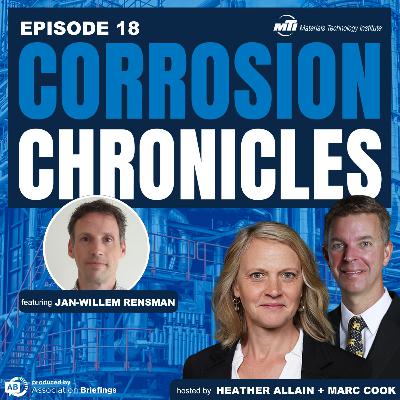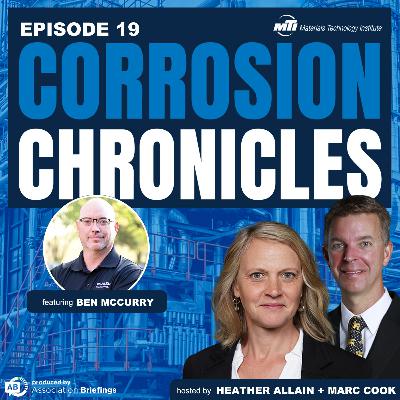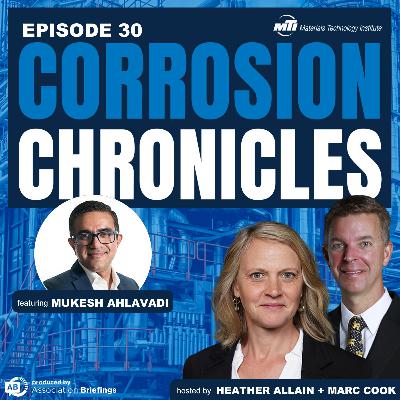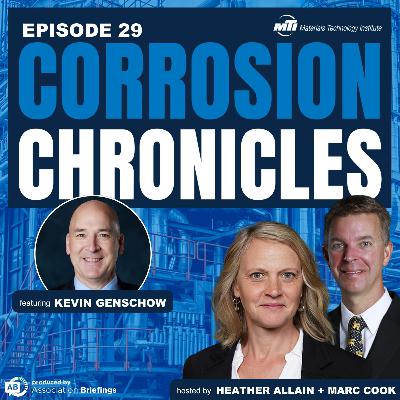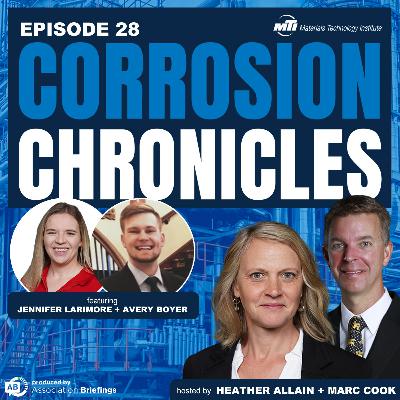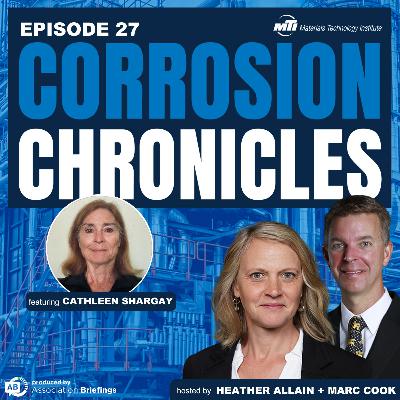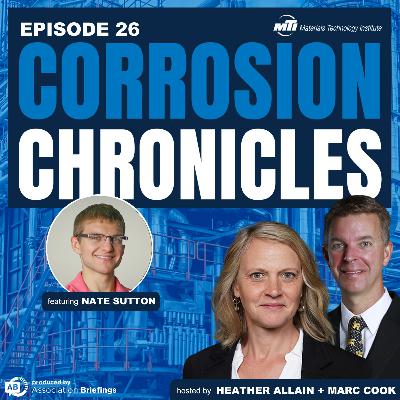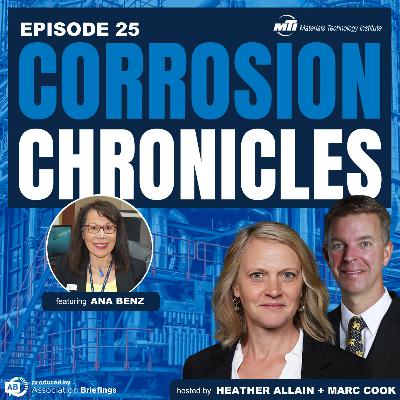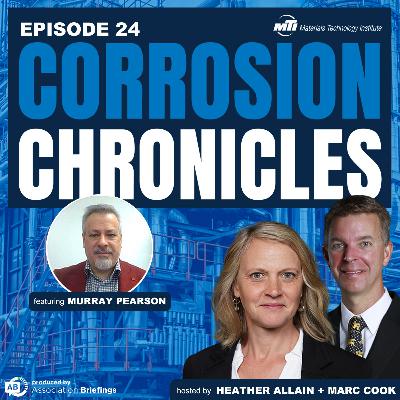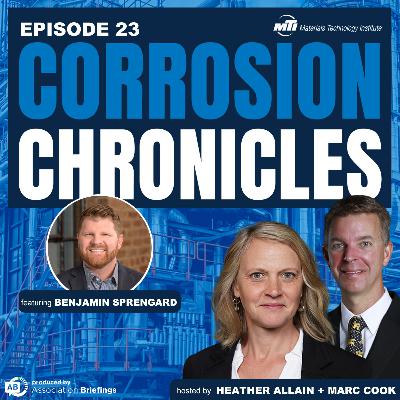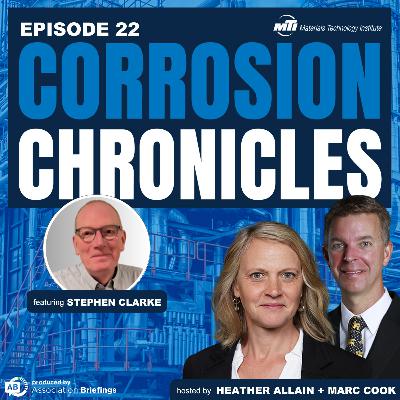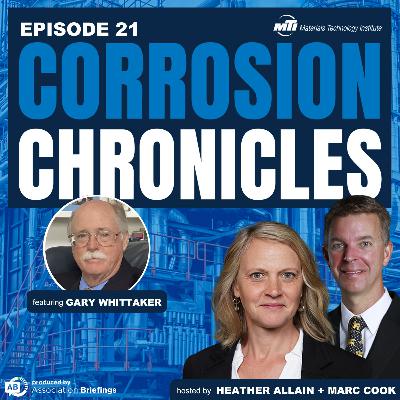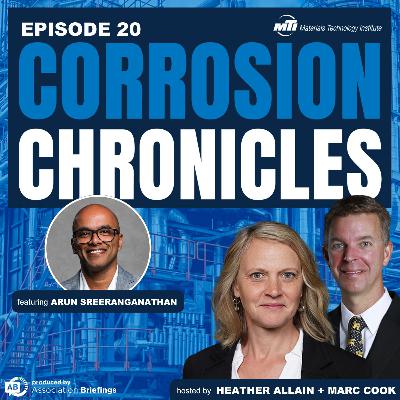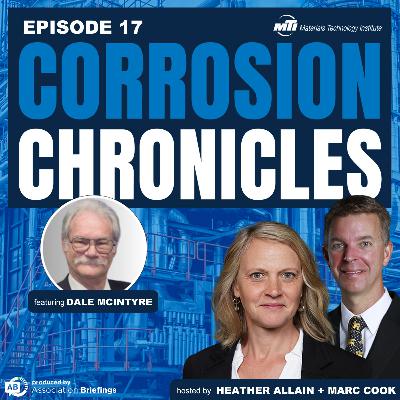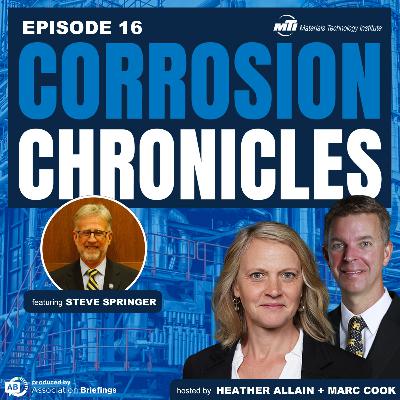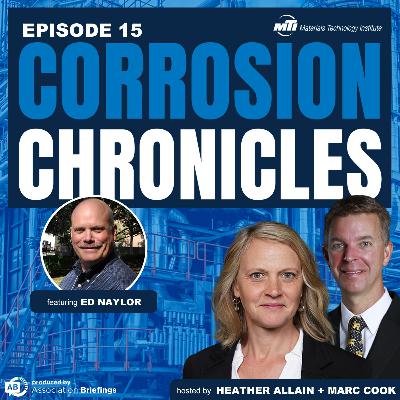Stress Relaxation Cracking
Description
In this episode, Jan-willem Rensman, Fellow at Fluor and subject matter expert in Metallurgy and Welding, joins co-hosts Heather Allain and Marc Cook for an in-depth discussion on stress relaxation cracking (SRC). Together, they cover topics including: defining SRC and understanding where and when it occurs, the differences between SRC and creep, managing residual stresses in welds, and offering design and fabrication strategies to prevent SRC. The conversation also touches on shop versus field weld considerations, selecting appropriate welding techniques, SRC guidelines in design codes, recommended resources for design standards, and methods for SRC detection and repair.
Corrosion Chronicles is produced by Association Briefings.
Show notes
References which contain guidelines for SRC mitigation:
API TR 942-B (2017). Materials, Fabrication, and Repair Considerations for Austenitic Alloys Subject to Embrittlement and Cracking in High Temperature 565°C to 760°C (1050°F to 1400°F) Refinery Services, American Petroleum Institute, Washington, DC.
Fahrion, M. E., Brown, J. C., Hassell, J. C., & Birke, A. (2003, March). Technical basis for improved reliability of 347H stainless steel heavy wall piping in hydrogen service. In NACE CORROSION (pp. NACE-03647). NACE.
Penso, J., & Shargay, C. (2021, July). Stress Relaxation Cracking of Thick-Wall Stainless Steel Piping in Various Refining Units. In Pressure Vessels and Piping Conference (Vol. 85345, p. V004T06A044). American Society of Mechanical Engineers.
Rensman, J. W., Spindler, M. W., & Shargay, C. (2023, July). Stress Relaxation Cracking, A Misunderstood Problem in the Process Industry. In Pressure Vessels and Piping Conference (Vol. 87486, p. V005T06A060). American Society of Mechanical Engineers.

